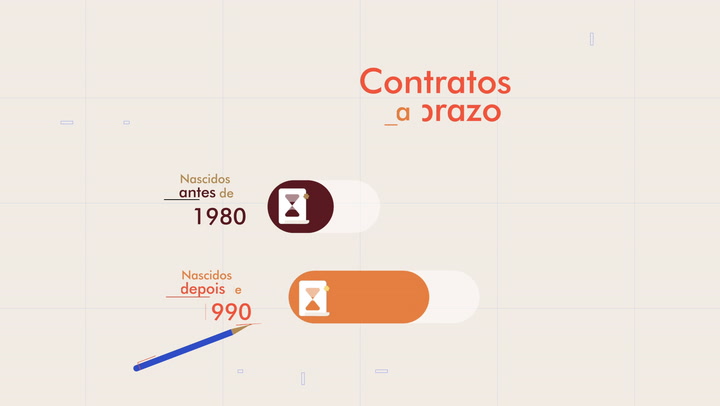Labour Market
Labour is a crucial activity to assess and improve intergenerational fairness. In labour market we can find simultaneously and dynamically many generations, with diverse levels of income, social protection, types of contracts, among others.
We conducted a study whose main goal is to analyse the evolution of different generations in labour market in Portugal in the last decades.
There is a huge convergence on the median base salaries between difference generations, although in a particular low level of income and productivity (600-650€).
Even if we consider the total median salary, that amount doesn’t exceed 700-800€.
The average salary increase by each additional education year has been falling significantly for the younger generations (from 10% to 5%).
Although younger generations are more qualified than the elder ones, this is not being reflected in higher salaries.
The professional evolution of a generation entering the labour market during a financial crisis is damaged when comparing to other generations.
An employee entering the labour market when the unemployment is 5% higher than the average, is going to have 5% lower salaries during its entire career.
Two thirds of the people born in the 90’s work with fixed-term contracts, almost the triple comparing to the ones born before 1980.
And this scenario doesn’t change as far as the workers grow older. Nowadays, less than 15% of the fixed-term contracts are converted in permanent contracts.
There are also significant gaps between generations when qualifying to unemployment, disease, and parental benefits.
The employees born in the 40’s received an amount correspondent to 69% of its contributions. In sharp contrast, for the generations born after the 60’s, this amount was only 22% of the contributions made.
per individual, 2010 (Euros/month)
by age group, 2010 (%)
Although Portugal has a very high youth unemployment rate, the unemployment benefit has a remarkable weight among people over 50 years old.
This fact indicates the possibility that the unemployment benefit might be being used as a bridge to retirement rather than as a social benefit.
Study directed by Pedro S. Martins (Nova School of Business and Economics).
Sources: Quadros de Pessoal database, Segurança Social and Inquérito ao Emprego, PORDATA
